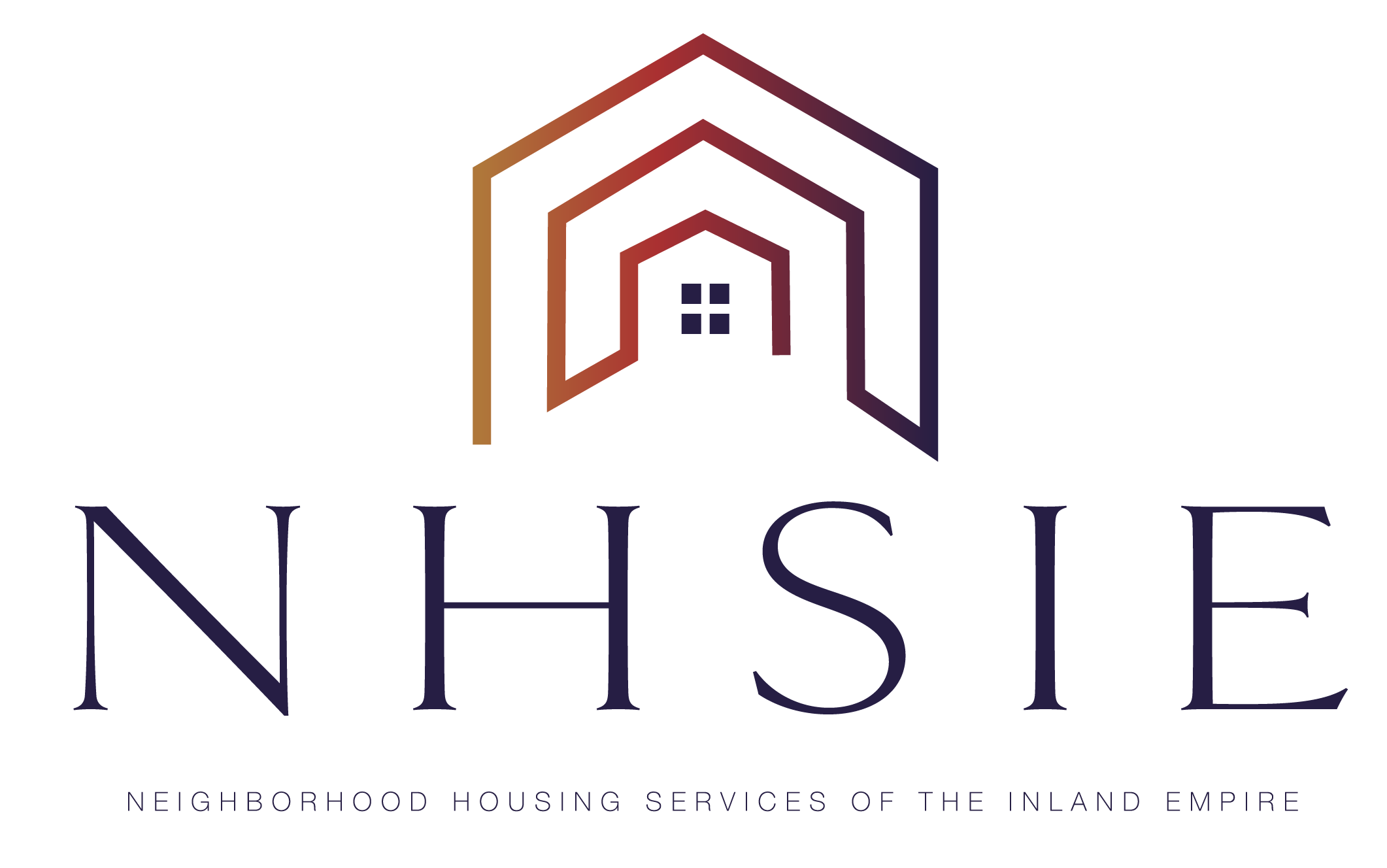By Dianne Anderson
With the holidays just weeks away, some Inland Empire renters worry that they’re almost out the door under eviction notices from the end of the moratorium on September 30.
But if the renter’s paperwork is in order, the most their landlords can do is huff and puff. They can not evict.
Felicia Brown-Smith said there has been a lot of confusion about the process.
As of October 1, tenants may get a pay or quit notice, but landlords must apply to the California COVID-19 rent relief program before they can evict. She said her organization is seeing more landlords trying to apply regarding the COVID-19 related unpaid rent.
“For lack of a better term – they can harass people – they can give them a pay or quit, but even if they give the notice to pay or quit, they will not be able to legally evict you without first applying to the program,” said Brown-Smith, CEO and Executive Director at Neighborhood Housing Services of the Inland Empire.
And, if landlords try any other unscrupulous moves, like shutting off utilities or blocking access rather than going through the court process, they can also face stiff fines.
NHSIE housing advisors are standing by to assist renters and set up appointments, inform them of their rights, what they qualify for, and go over the documents they need to protect themselves.
They will call back all callers.
Until recently, San Bernardino County was running a program that allowed applications through the county for eviction relief, while others were applying through the state. It was announced last week that everyone now must go through the state to submit applications
“That’s awesome because it’s going to streamline the process and help people not get so confused,” Brown-Smith said.
Rental assistance is available, and NHSIE has been canvassing and setting up tables and booths for community outreach. Both renters and landlords can apply, and their program is partnering with the state.
Last week, she said that her housing counselors were booked full with a big uptick in calls for help.
“There were so many people looking for assistance. I would definitely encourage people to give us a call. If they transportation or health issues, we’ll go into the community to meet with them to ensure they get the help that they need,” she said.
San Bernardino County Fifth District Supervisor Joe Baca Jr. is also encouraging residents to take advantage of the State’s grace period through March 31, 2022, to help avoid evictions.
“I encourage residents throughout the Fifth District communities to apply for renter’s assistance available through various state organizations. The Fifth District has residents who may need such assistance. These resources would help our community prevent an eviction cliff that could have seen thousands of renters out on the street and a complete disruption of California’s recovery from the COVID-19 pandemic,” he said.
In the meantime, many renters were already pipelined to evictions pre-pandemic, and homelessness may be around the corner.
Congregations Organized for Prophetic Engagement (COPE) is calling on state and local elected leaders to do more to prevent widespread evictions and homelessness.
“Our communities have suffered the highest job loss and COVID infection rates and have experienced an alarming and disproportionate loss of life, as well as being hit hardest by our state’s ongoing housing crisis,” COPE said in a statement.
COPE is partnering with Housing Now CA, a coalition of over 60 organizations, to promote legislation to fight rent increases and unjust evictions.
Felicia Jones, associate director of COPE, said that civic leaders must move on rapid re-housing measures for people now facing eviction, but may not get assistance in time. Resources are available now to get people into affordable housing, but she said it requires political will.
One example is how the Los Angeles County Board of Supervisors adopted the Accessory Dwelling Unit Ordinance, smaller detached units, to workaround housing access issues. Recently, COPE held a rental assistance town hall focused on moving policy ahead by working with city officials and local representatives.
She is concerned for thousands of disproportionately Black and Brown renters that were in the eviction pipeline before the moratorium and is still at risk.
“Those will now move forward. They may have been eligible for rental assistance, but all of this requires landlord cooperation,” she said. “There have been concerns about people’s rights being violated.”
COPE is willing to work with city and county officials to push alternative housing and temporary living solutions, such as ADU’s, as well as reevaluating local zoning to help long-term affordable housing availability, she said.
“We need our civic leaders talking to the community and housing justice advocates in advising those issues. Those solutions can and should come in partnership with the community,” Jones said.
Sonya Gray-Hunn said that when tenants are evicted or pushed out of their housing, the rent caps and controls come off, and rental units soar up to market-rate rent, which also depletes the fair housing supply.
Worse, she said many tenants never received their rent funding to pay their landlords. Renters are supposed to be protected until March 2022, but she finds other serious factors to consider.
“The renters are either not receiving the funds [to pay the rent], or the landlords don’t want to wait on the funds,” said Gray-Hunn, COPE program coordinator. “How do we hold our city and county supervisors accountable to provide a solution?
Some landlords are not accepting the funds, and many low-income renters will not be able to find affordable market-rate housing.
“If a landlord refuses the funding, how do we [prevent] a family from becoming homeless? Where’s the safety net that the city is putting in place for the residents waiting on the allocated funds?” she said.
For local help with rent or evictions, contact NHSIE at https://www.nhsie.org or call (909) 884 6891
For COPE community action, see https://copesite.org
For the statewide application process, visit HousingIsKey.com or call (833) 430-2122.
